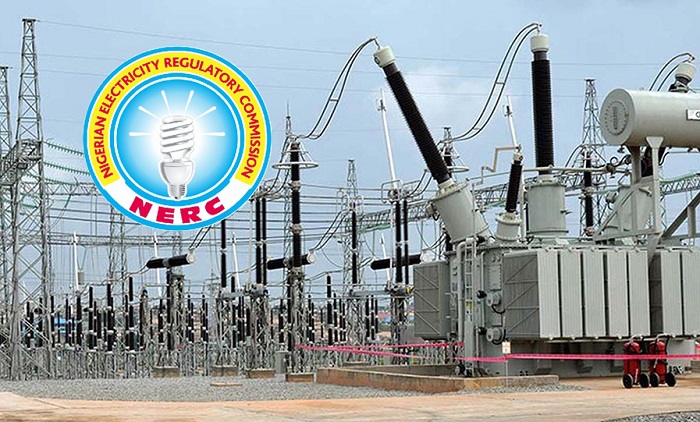The Nigerian government is considering another electricity tariff hike in October 2024, as the country’s monthly power subsidy surged to N181.63 billion in September.
This represents a significant increase from N102.30 billion in May 2024.
Over the last three months, the government has paid N163.87 billion in July, N173.88 billion in August, and N181.63 billion in September to subsidise electricity, highlighting the growing burden on public finances.
The sharp rise in subsidies comes after the Nigerian Electricity Regulatory Commission (NERC) removed electricity subsidies for Band A feeders in April 2024, raising tariffs for consumers receiving at least 20 hours of daily electricity to N225 per kilowatt-hour (kWh). The tariff increase triggered widespread backlash from labour unions and institutions, as many saw their electricity bills triple.
Following a reduction in the Dollar-to-Naira exchange rate, NERC lowered the Band A tariff to N206.80/kWh in May, coinciding with a drop in the subsidy to N102.30 billion. However, the tariff was raised again to N209/kWh in July, as subsidies climbed back to N158 billion.
NERC reported that the exchange rate for the power sector stood at N1,494.1 in July, N1,564.3 in August, and N1,601.5 in September, driving up the cost of electricity generation in the country. Additionally, the benchmark gas-to-power price remains at $2.42 per million British Thermal Units, in line with regulations from the Nigerian Midstream and Downstream Petroleum Regulatory Authority under the Petroleum Industry Act 2021.
With inflation standing at 32.15 percent as of August 2024, there are growing concerns that the rising costs of power generation and exchange rate fluctuations may lead to another tariff increase under the October Multi-Year Tariff Order (MYTO), unless there is a significant reduction in power generation costs.



